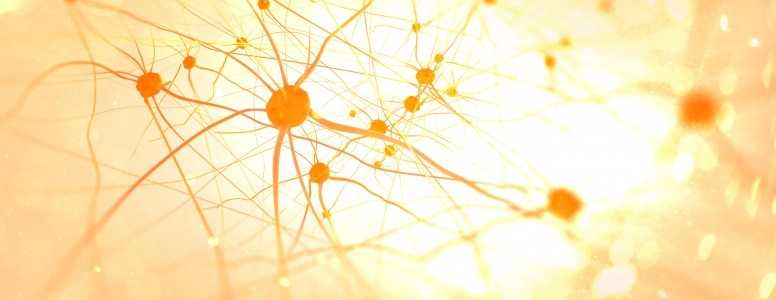A type of immune cells known as macrophages has been associated with neurons that play a direct role in fat loss.
Previous research suggest that, in response to excess stored energy or inflammation, macrophages can infiltrate fat tissue where they mediate processes associated with insulin resistance and type 2 diabetes.
It has also been shown that obese mice and people who are overweight tend to have a higher amount of macrophages in their fat tissue than lean animals or individuals.
In this new study, researchers from the Instituto Gulbenkian de Gência, in Portugal, have discovered a connection between macrophages, the sympathetic nervous system (SNS) and the metabolism.
Scientists knew that our fat tissue is connected to the SNS via nerve fibres in the tissue. This is how neuron signals are passed down to fat cells, such as those that enable the release of hormones involved in the breakdown of fat.
In findings published in the journal Nature Medicine, researchers describe how the release of norepinephrine by SNS neurons gets affected by macrophages in the fat tissue of mice.
When norepinephrine is released by SNS neurons, it binds receptors present on fat cells and triggers the release of fat from storage as useable energy. Norepinephrine release especially ramps up during cold exposure or fasting.
The researchers were able to show that there is a negative interaction between macrophages and the SNS-mediated release of norepinephrine, which prevents the hormone from accumulating in the fat tissue.
They also found why this happens and, as it turns out, the protein Slc6a2 in SNS neuron-associated macrophages decreases norepinephrine after it is released, impairing fat burning.
However, when blocking this protein through genetic manipulatio, weight loss resumes. It also results in an increase in the amount of metabolism-boosting brown fat in the animals.
According to the research team, this abnormal clearance of norepinephrine by macrophages in direct contact with the SNS could also take place in human fat cells.
Overall, these findings describe a complex crosstalk mediated by fat cell-derived macrophages and the SNS that may have profound downstream effects on the metabolism.
What's new on the forum? ⭐️
Get our free newsletters
Stay up to date with the latest news, research and breakthroughs.





